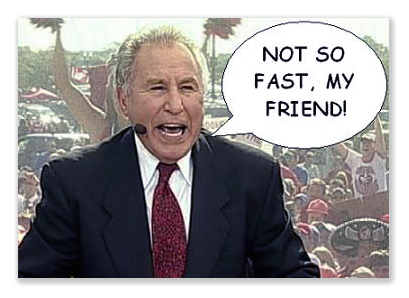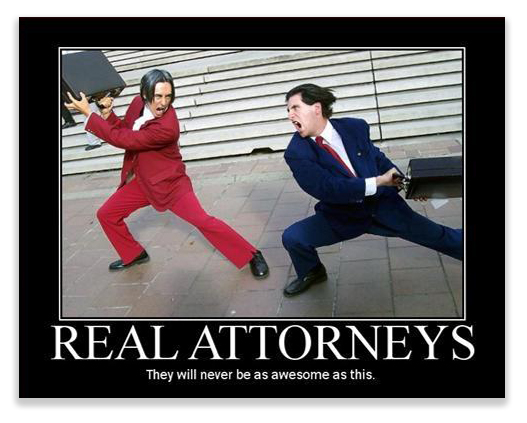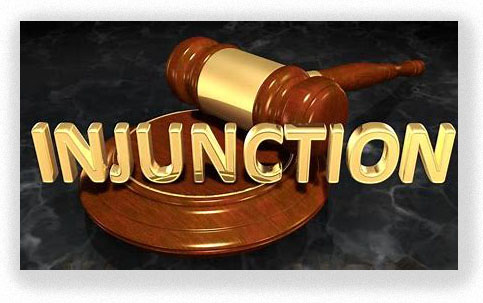 We post news and comment on federal criminal justice issues, focused primarily on trial and post-conviction matters, legislative initiatives, and sentencing issues.
We post news and comment on federal criminal justice issues, focused primarily on trial and post-conviction matters, legislative initiatives, and sentencing issues.
Today, the short rocket – decisions from around the federal circuits…

SOME CASE SHORTS
Timing is Everything: In 2015, Benny Hall pled guilty to conspiracy to commit Hobbs Act robbery and using a gun in a crime of violence, (an 18 U.S.C. § 924(c) offense). After the Supreme Court decided in United States v. Davis that conspiracy to commit a crime of violence was not itself a crime of violence that supported a § 924(c) conviction for using a gun in a crime of violence, Benny filed a 28 U.S.C. §2255 post-conviction motion asking that the § 924(c) be thrown out.
 The government convinced the district court that Benny’s § 924(c) conviction didn’t depend only on the conspiracy, but also on his admissions in open court that established that he had actually attempted to commit the robbery.
The government convinced the district court that Benny’s § 924(c) conviction didn’t depend only on the conspiracy, but also on his admissions in open court that established that he had actually attempted to commit the robbery.
‘Gotcha!’ the government cried.
‘Not so fast!’ the 2nd Circuit replied last week. Last summer, the Supreme Court ruled in United States v. Taylor that an attempted Hobbs Act robbery is not a crime of violence. The Circuit threw out § 924(c) conviction and the mandatory 10-year add-on sentence it represented.
Hall v. United States, Case No 17-1513, 2023 U.S.App. LEXIS 1256 (2d Cir., January 19, 2023)

11th Holds Drug Conspiracy Can’t Lead to Guidelines ‘Career Offender’: Brandon Dupree was convicted of a 21 U.S.C. § 846 drug conspiracy, and was hammered at sentencing as a Guidelines “career offender” (which dramatically increased the advisory sentencing range). An 11th Circuit panel rejected Brandon’s argument that an inchoate offense (that is, a mere plan to commit a crime) does not qualify as a “controlled substance offense” for purposes of the Guidelines ‘career offender’ enhancement.
 Last week, the full Circuit sitting en banc said, ‘Let’s go, Brandon,’ and reversed his ‘career offender’ sentence. The 11th ruled that “application of the enhancement turns on whether the ‘instant offense of conviction’ is ‘a controlled substance offense’ [under USSG] 4B1.1(a)… The plain text of 4B1.2(b) unambiguously excludes inchoate crimes. Dupree must be resentenced without application of the career offender enhancement.”
Last week, the full Circuit sitting en banc said, ‘Let’s go, Brandon,’ and reversed his ‘career offender’ sentence. The 11th ruled that “application of the enhancement turns on whether the ‘instant offense of conviction’ is ‘a controlled substance offense’ [under USSG] 4B1.1(a)… The plain text of 4B1.2(b) unambiguously excludes inchoate crimes. Dupree must be resentenced without application of the career offender enhancement.”
United States v. Dupree, Case No 19-13776, 2023 U.S.App. LEXIS 1183 (11th Cir., January 18, 2023)

Channeling Your Inner Habeas: People are always asking why they can’t point out in their 18 U.S.C. § 3582(c)(1)(A) compassionate release motions that their sentences were wrongly calculated, that their lawyers were ineffective imbeciles, that something was very wrong with how they were convicted.
 Mike Escajeda was convicted of selling drugs and carrying a gun. After losing his direct appeal, Mike filed a compassionate release motion, arguing that the “extraordinary and compelling reasons” required by an 18 U.S.C. § 3582(c)(1)(A) compassionate release motion were that (1) his sentence exceeded the statutory maximum and (2) he received ineffective assistance of counsel. He even admitted in his motion that he had filed for compassionate release because he figured that he could not win relief under § 2255.
Mike Escajeda was convicted of selling drugs and carrying a gun. After losing his direct appeal, Mike filed a compassionate release motion, arguing that the “extraordinary and compelling reasons” required by an 18 U.S.C. § 3582(c)(1)(A) compassionate release motion were that (1) his sentence exceeded the statutory maximum and (2) he received ineffective assistance of counsel. He even admitted in his motion that he had filed for compassionate release because he figured that he could not win relief under § 2255.
Last week, the 5th Circuit ruled that the habeas-channeling rule prevented Mike from raising 2255-type issues in a compassionate release motion. The Circuit said, “Congress provided specific avenues for post-conviction relief that permit prisoners to challenge the legality of their confinement in federal court… The Supreme Court has repeatedly held that by codifying these specific provisions, Congress required prisoners to bring their legality-of-custody challenges under [28 USC 2241, 2244, 2254, and 2255], and prohibited prisoners from bringing such claims under other, more-general statutes like 42 U.S.C. § 1983.
[A] prisoner cannot use § 3582(c) to challenge the legality or the duration of his sentence,” the 5th held. “Such arguments can, and hence must, be raised under [the habeas statutes]… Because Escajeda’s claims would have been cognizable under § 2255, they are not cognizable under § 3582(c).”
United States v. Escajeda, Case No 21-50870, 2023 U.S.App. LEXIS 1041 (5th Cir., January 17, 2023)

DOJ SORNA Rule Blocked: The U.S. District Court for Central District of California last week issued a preliminary injunction blocking the Dept of Justice’s new Sex Offender Registration and Notification Act rule because it violated due process and the 1st Amendment.
 The rule requires people who had been convicted of a sex crime to register as sex offenders in their state, even if the sex crime convictions have been expunged and the people are not allowed by the state to register. Because plaintiff John Doe could not register, the DOJ’s rule said that he could be prosecuted at any time, and he would have been forced to prove that registration was impossible — “an affirmative defense,” Doe’s lawyer said, “that turns the presumption of innocence on its head.
The rule requires people who had been convicted of a sex crime to register as sex offenders in their state, even if the sex crime convictions have been expunged and the people are not allowed by the state to register. Because plaintiff John Doe could not register, the DOJ’s rule said that he could be prosecuted at any time, and he would have been forced to prove that registration was impossible — “an affirmative defense,” Doe’s lawyer said, “that turns the presumption of innocence on its head.
The court ruled that it was likely an unconstitutional violation of due process to require anyone to affirmatively prove his innocence when he had never been convicted.
Preliminary injunction, ECF 55, Doe v. DOJ, Case No 5:22-cv-855 (CD Cal., Jan 13, 2023)
Reason, A Federal Judge Says the DOJ’s Sex Offender Registration Rules Violate Due Process by Requiring the Impossible (January 19, 2023)
– Thomas L. Root

